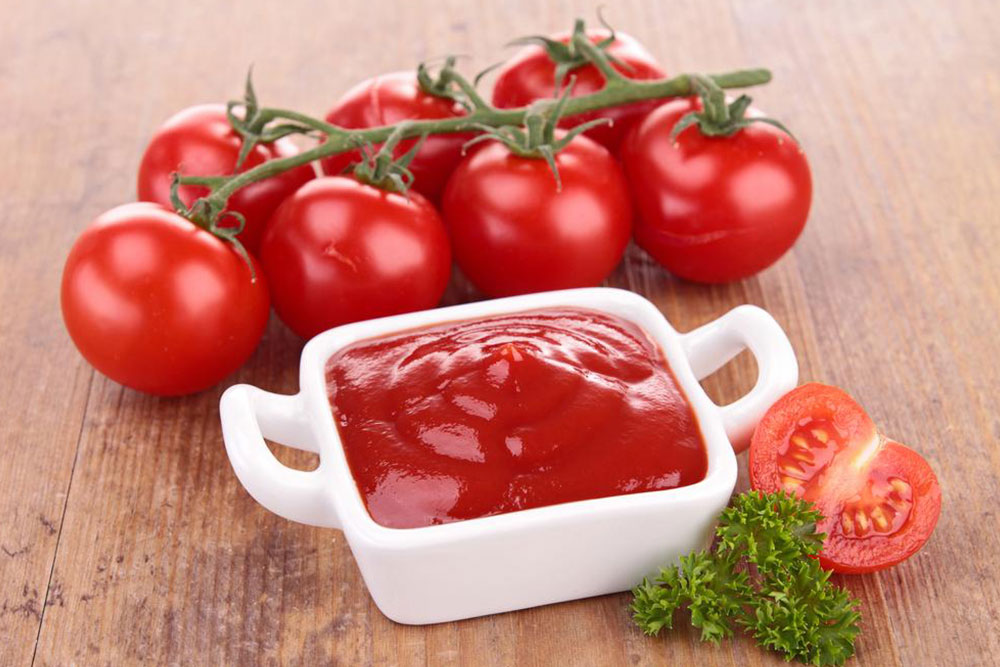Eczema Nutrition Guide: Foods to Support and Avoid for Skin Health
Learn essential dietary strategies to manage eczema effectively. This guide highlights foods to include that promote skin health and anti-inflammatory benefits, alongside common triggers to avoid. Proper nutrition can help reduce symptoms and improve quality of life for eczema sufferers.

Eczema Nutrition Guide: Foods to Support and Avoid for Skin Health
Atopic dermatitis, commonly known as eczema, is a condition characterized by red, cracked, itchy, and sore skin. The skin may become rough and, in severe cases, develop blisters. Studies indicate that around 30% of Americans experience eczema at some point. While it is often a chronic condition, some individuals find relief and even remission through proper management. The underlying cause is inflammation within the body, making diet an essential factor in managing symptoms.
Adjusting food choices can play a significant role in alleviating eczema symptoms by reducing inflammation and supporting skin health.
Here are recommended foods to include and avoid for individuals with eczema:
Foods to Incorporate
Leafy Green Vegetables: Incorporate ample amounts of greens like spinach, kale, and Swiss chard.
Whole Grains: Replace refined carbs with wholegrain options such as brown rice, oats, and whole wheat bread.
Seafood Rich in Omega-3: Consume fatty fish like salmon, tuna, and mackerel regularly to benefit from omega-3 fatty acids.
Nuts: Almonds, walnuts, and other nuts help reduce inflammation and support immune function.
Vitamins, Flavonoids, and Minerals: Ensure a balanced intake of essential nutrients to promote skin health.
Foods high in potassium, such as bananas, and oats rich in fiber, zinc, and vitamin E, are particularly beneficial. Recent findings also suggest that probiotics, found in foods like yogurt, can help manage eczema symptoms by balancing gut health.
Foods to Limit or Avoid
Eggs
Milk and dairy products
Soy products
Wheat and gluten-containing foods
Refined sugars
Certain fruits like oranges and grapes
Tomatoes and broccoli
High sugar intake may increase inflammation, so opt for natural sweeteners like honey. It’s advisable for eczema sufferers to undergo allergy testing to identify specific triggers. Since eczema has no complete cure, managing diet and avoiding flare-ups can significantly improve quality of life. Reducing inflammation through thoughtful food choices is key to controlling this condition.










